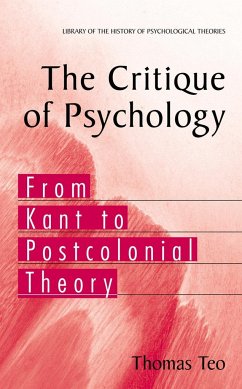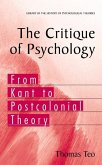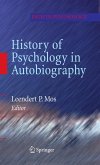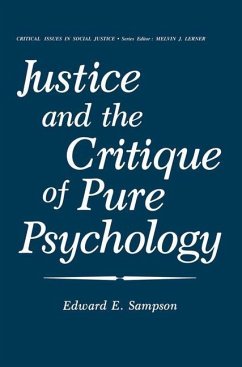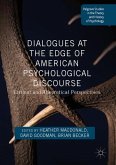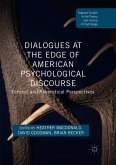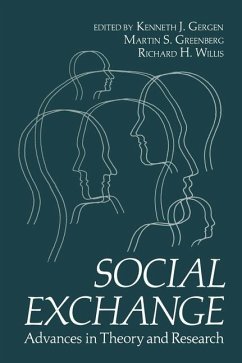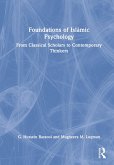Closely paralleling the history of psychology is the history of its critics, their theories, and their contributions. The Critique of Psychology is the first book to trace this alternate history, from a unique perspective that complements the many existing empirical, theoretical, and social histories of the field.
Thomas Teo cogently synthesizes major historical and theoretical narratives to describe two centuries of challenges to-and the reactions of-the mainstream. Some of these critiques of content, methodology, relevance, and philosophical worldview have actually influenced and become integrated into the canon; others pose moral questions still under debate. All are accessibly presented so that readers may judge their value for themselves:
- Kant's critique of rational and empirical psychology at the end of the 18th century
- The natural-scientific critique of philosophical psychology in the 19th century
- The human-scientific critique of natural-scientific psychology
- The Marxist traditions of critique
- Feminist and postmodern critiques and the contemporary mainstream
- Postcolonial critiques and the shift from cross-cultural to multicultural psychology
This is not a book of critique for critique's sake: Teo defines the field as a work in progress with goals that are evolving yet constant. In emphasizing ethical and political questions faced by psychology as a discipline, this visionary book points students, academics, and practitioners toward new possibilities for their shared future.
Hinweis: Dieser Artikel kann nur an eine deutsche Lieferadresse ausgeliefert werden.
Thomas Teo cogently synthesizes major historical and theoretical narratives to describe two centuries of challenges to-and the reactions of-the mainstream. Some of these critiques of content, methodology, relevance, and philosophical worldview have actually influenced and become integrated into the canon; others pose moral questions still under debate. All are accessibly presented so that readers may judge their value for themselves:
- Kant's critique of rational and empirical psychology at the end of the 18th century
- The natural-scientific critique of philosophical psychology in the 19th century
- The human-scientific critique of natural-scientific psychology
- The Marxist traditions of critique
- Feminist and postmodern critiques and the contemporary mainstream
- Postcolonial critiques and the shift from cross-cultural to multicultural psychology
This is not a book of critique for critique's sake: Teo defines the field as a work in progress with goals that are evolving yet constant. In emphasizing ethical and political questions faced by psychology as a discipline, this visionary book points students, academics, and practitioners toward new possibilities for their shared future.
Hinweis: Dieser Artikel kann nur an eine deutsche Lieferadresse ausgeliefert werden.
From the reviews of the first edition: "Teo traces the modern critiques of psychology. ... Catching the eye are parts of the post colonial critiques, which provides insight into the institutionalized racism of early psychological researchers ... . This is an academic book that provides a useful historical guide to the major criticisms of the psychological theory over the last two centuries." (Jeremy Dean, The Psychologist, Vol. 19 (12), 2006)

